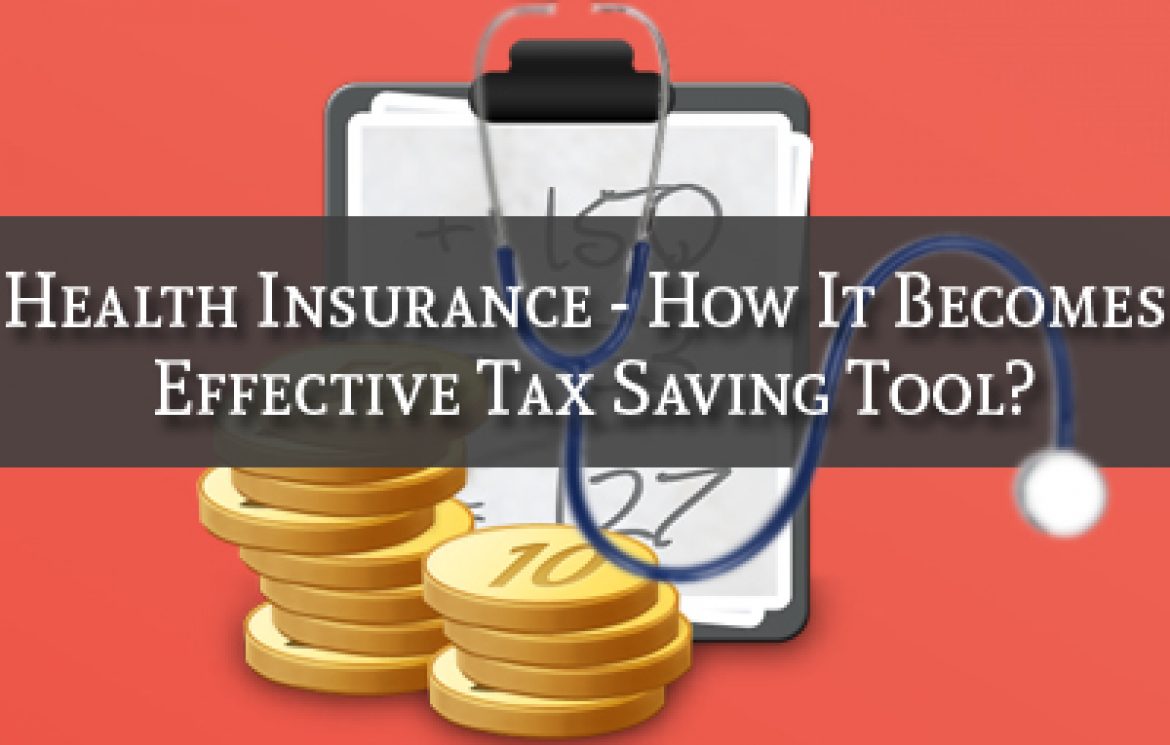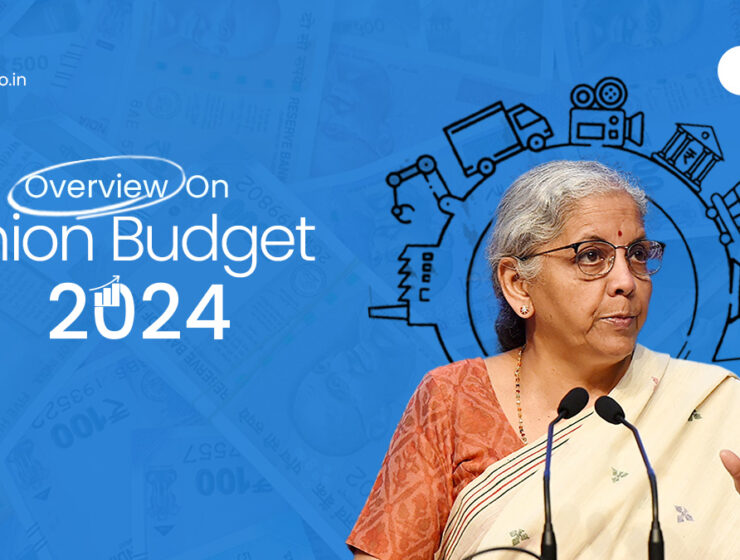

There is no denying the fact that the need for health insurance within the insurance portfolio is an absolute must. The truth is that there have been rising concerns among people with regards to increasing health care costs and growing medical conditions. It has become mandatory for every individual to buy medical insurance.
It is a comprehensive and well selected medical insurance that can help secure you as well as your family from the soaring medical costs. It also offers immense peace of mind, satisfaction and happiness for the whole family. Besides securing health of your family, the insurance policy also can help you to save tax money under Section 80D.
Significance Of Medical Insurance
It is a huge responsibility to care for a family, isn’t it? However what one has to understand is the fact that if you are not able to afford the minimum insurance premium, then simply imagine, how will you bear the unbearable treatment costs if you get hospitalized that is only seen to be increasing every day.
Tax Incentives For Insurance And Specific Medical Expenses
- Sec. 80D (Insurance Premium Payment) :- Deduction can be claimed up to about Rs. 25000 / financial year for the premium payment. This premium is for spouse, self including dependent children. In case, either your spouse or yourself is above 60 and above of age and a senior citizen, then the limit availed is to about Rs. 30,000.
- Preventive health check-up :- Tax benefit can be enjoyed on such type of check-up. Under Sec. 80D, you will be able to claim for expenses that are incurred towards health check-up to about Rs. 5,000/financial year. Premium payment made towards siblings will not reflect in tax deduction.
- Policy for parents :- The deduction eligibility on premium for parents is till about Rs. 25,000 / financial year. In case, your parent is eligible for senior citizen, then a yearly limit of Rs.30,000/year can be enjoyed. The limit subsumes Rs. 5,000 which could be incurred toward the health checkup of your parents.
- Cash payment devoid of cash benefits :- It is via banking channel (demand draft, cheque, net banking, debit cards and credit cards, etc) that premium can be paid. But for cash payments, tax benefits are not offered. However, cash payments for insurance premium are eligible.
An Illustration
There are six family members comprising of self (35), spouse (34), 2 children (11 & 7), Mother (59) and Father (63) respectively. You may have taken the family floater plan to cover yourself, kids and spouse. Annual premium that you pay may be Rs. 15,000. Besides this, an annual premium paid for the parent’s insurance could be Rs. 28,000. For health check-u, you pay Rs. 15,000. Besides this, for parents health check-up, you shelve out Rs. 7,000.
What is the availed deduction amount?
For the total insurance premium, you may probably pay up total of Rs. 68,000 and get an amount of Rs. 50,000 as tax benefit for the financial year.
- Insurance for senior citizens (80 & above) :- There are insurance policies for senior citizens who are of the age 80 and above and are uninsured. For such people, deduction can be claimed to about Rs. 30,000 / financial year for covering medical treatment. It is not just limited to making own expenses. In case, your father falls into this particular group and mother is just a senior citizen, then deduction to about Rs. 30,000 can be claimed for providing medical treatment to your parents, their health check-up as well as for health insurance.
- Sec 80DDB (Specified Illness treatment) :- Deduction to about Rs. 40,000 can be availed (for senior citizens Rs. 60,000 & for those very senior citizens Rs. 80,000) towards medical expenses which you have to incur to provide treatment for specific medical conditions like Parkinson disease, chronic renal failure, cancer, etc. The entire list of ailments covered can be found in 11DD Rule. A certificate taken from the specialist physician is to be attached with the other documents when filing the income tax returns. Claims can be made for self, parents, siblings, children and spouse.
- Sec. 80DD (Dependent with disability treatment) :- Deduction for expenses made towards nursing, medical treatment, dependent with disability maintenance (for severe disability the amount is Rs. 1.25 Lakh) and training rehabilitation can be claimed to be about Rs. 75,000. The dependent could be children, siblings, parents and spouse. However, there is a need to have supporting medical certificate to be submitted with the documents.
- Sec. 80U (Disabled person) :- The disabled person can make claims of Rs. 75,000 deduction under Section 80U. The limit is likely to go upwards to about Rs. 1.25 lakh for severe disability cases. However, relation is present for treatment expenses.
- Section 17 and Medical Allowance :- There is income tax exempt to about Rs. 15,000 / financial year for treating medical conditions of your family (be it yourself, children, spouse, siblings and dependent parents). This amount is paid by your employer towards the medical expenses from your salary.
Health insurance does play dual roles to protect you and your family medically and financially. Besides safeguarding from the increasing medical expenses, it also assists you to make proper savings through tax deductions as discussed above. Isn’t that awesome? It is, as it’s something that will help your family to receive the medical care they need while maintaining the financial security.
A financial planning platform where you can plan all your goals, cash flows, expenses management, etc., which provides you advisory on the go. Unbiased and with uttermost data security, create your Financial Planning without any cost on: http://bit.ly/Robo-Fintoo
Disclaimer: The views shared in blogs are based on personal opinion and does not endorse the company’s views. Investment is a subject matter of solicitation and one should consult a Financial Adviser before making any investment using the app. Making an investment using the app is the sole decision of the investor and the company or any of its communication cannot be held responsible for it.
Related Posts
Stay up-to-date with the latest information.


